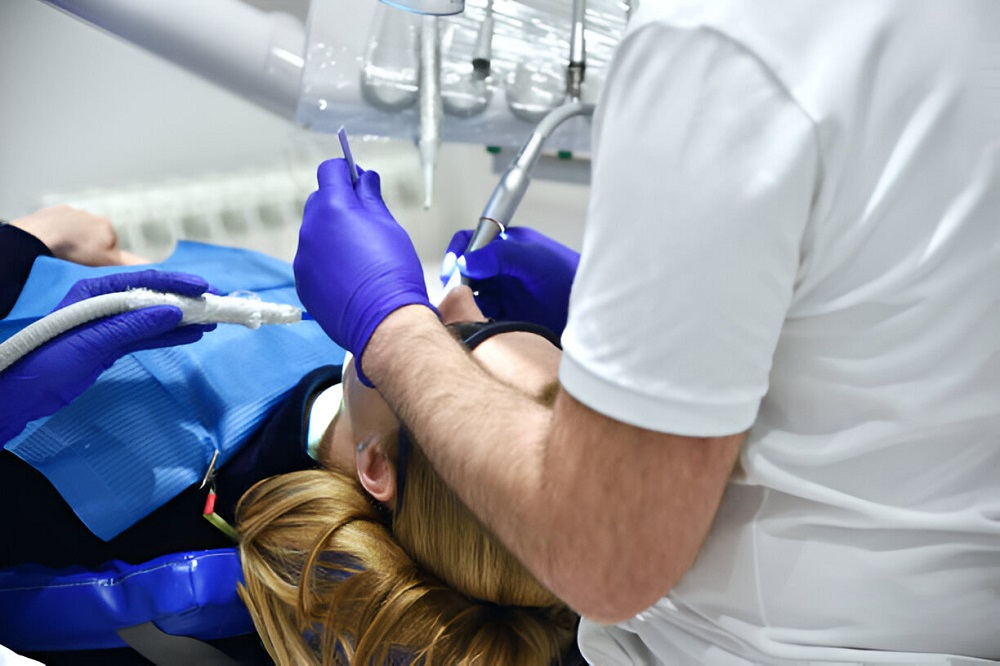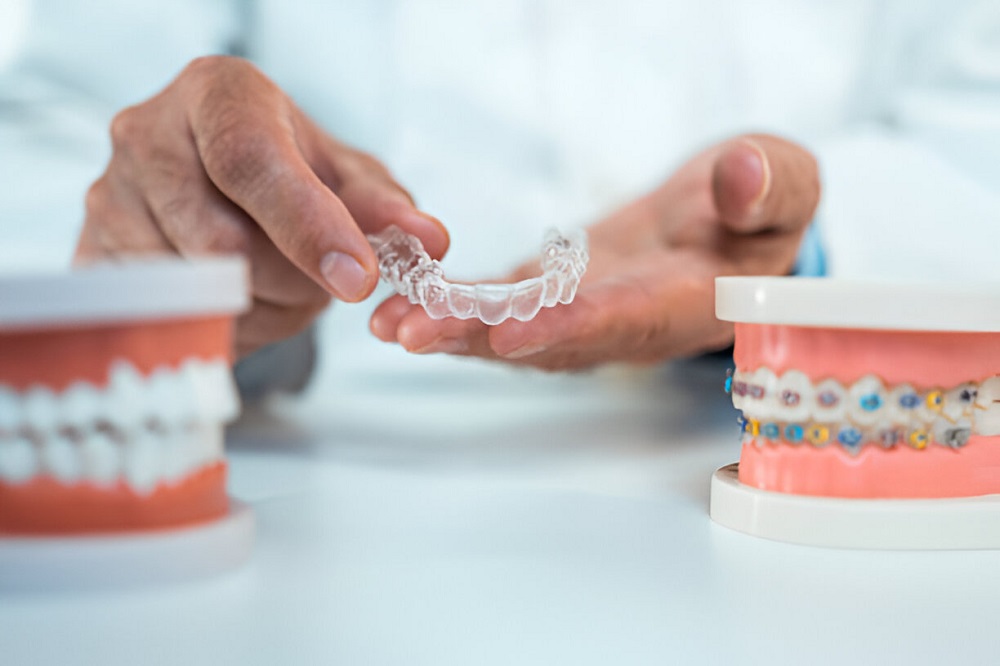A dentist with training in performing a wide range of surgery dentistry treatments about the jaw, teeth, mouth, and even the face is known as an oral surgeon. To execute sophisticated dental procedures when necessary, an oral surgeon undergoes further education and training in surgical dentistry. Extracting wisdom teeth is perhaps one of the most common surgical dental treatments. But dental surgery is a wide term that encompasses a variety of procedures, including tooth extraction.
Surgery dentistry
The phrase surgery dentistry refers to a variety of operations that a dentist may carry out. These operations can be used to replace teeth that cannot be repaired, repair damaged teeth, or enhance the tooth’s overall function and look.
From simple treatments carried out by a family dentist to more complex ones that require the expertise of an oral surgeon, Markham, Ontario, offers a wide variety of dental surgery options. Sometimes the surgeon may arrange for the patient to have surgery in a nearby hospital, even though the majority of treatments can be completed in dental clinics.
What Makes Surgery Dentistry Vital?
Surgery dentistry is necessary for a variety of reasons. It can improve oral health, which is one of the most important things. Your smile will look better overall if any decaying or broken teeth are removed during oral surgery. Additionally, it can help straighten any misaligned teeth, which can enhance your bite and facilitate food chewing.
Oral Surgery Types
Your dental health may be significantly impacted by any of the several varieties of oral surgery available. The following are a few of the most popular forms of dental surgery dentistry:
● Implants for teeth:
Missing teeth can be replaced with dental implants. They serve as prosthetic roots and are surgically inserted into the jawbone. Dental implants can hold up dentures, bridges, or crowns after they are in place.
● Removal of wisdom teeth:
Because wisdom teeth can become impacted—that is, grow in at an angle and become lodged against other teeth—they are frequently removed. Inflammation, crowding, and discomfort are all possible outcomes of impacted wisdom teeth.
● Root canal therapy:
When a tooth’s nerve becomes infected, root canal therapy is done. This eliminates the infection and seals the nerve. This keeps the tooth from needing to be taken out.
Many problems may be fixed with oral surgery, both functional and cosmetic. Consult your dentist or oral surgeon if you have any concerns regarding the condition of your mouth.

Is there a risk?
Indeed, there are risks involved in any kind of surgery, including dentistry. Modern dentistry has made it feasible to limit certain hazards and remove others, which is excellent news. Most likely, there won’t be any issues for you throughout the procedure or during your recuperation. Even so, there are solutions to address those issues promptly.
Is it risky to get dental surgery? It’s safer than other types of medical procedures in a lot of ways. The biggest risk arises from failing to tell the dentist about your medical history. This covers any ongoing chronic conditions you deal with daily.
Keep in mind that your dentist has to know whether you are pregnant, presently taking medicine for a heart disease, or have a condition like type 1 or type 2 diabetes. The treatments used and the precautions taken during the operation will be influenced by all of those considerations.
Keep in mind that you must also disclose the drugs you use. In certain situations, you might have to refrain from taking them for the whole 24 hours before the procedure. This is particularly true for drugs that thin the blood or make you sleepy.
Set Up Your Consultation Right Now
Don’t wait until your dental problems are terrible. To go over your options and develop a customized treatment plan, make an appointment for a consultation at our center. Today is the beginning of the path to healthier, more attractive teeth.
Conclusion
Surgery dentistry is an essential part of modern dentistry that helps with a wide variety of oral health issues. Dental procedures greatly improve general well-being by reducing pain, regaining functioning, and improving appearance.
Successful results and a seamless recovery process are ensured by proper comprehension and adherence to pre-operative and post-operative recommendations. It is anticipated that the breadth and effectiveness of dental surgery will increase as dental technology and procedures continue to progress, giving patients even better treatment.






